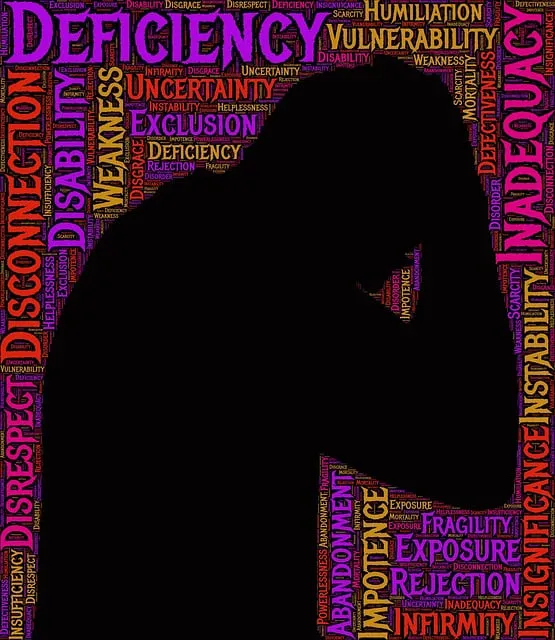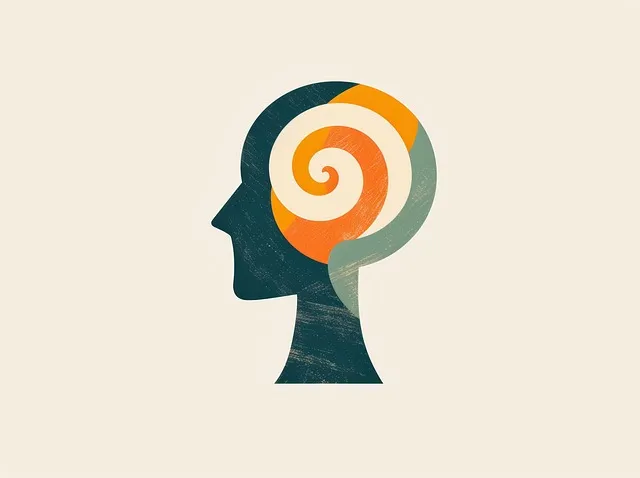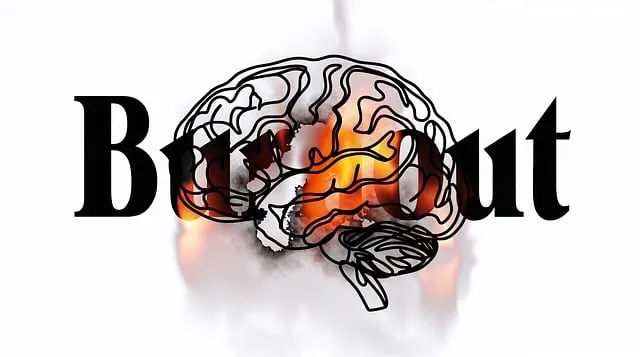Northglenn Kaiser Permanente mental health providers offer comprehensive emotion regulation techniques, combining evidence-based methods with cultural sensitivity. By enhancing self-awareness and teaching coping skills like mindfulness and journaling, they empower clients to manage stress, conflict, and triggers effectively. This holistic approach fosters emotional intelligence, resilience, and positive thinking, reducing mental illness stigma and improving overall well-being. Through tailored strategies and advocacy, Northglenn Kaiser Permanente promotes accessible emotion regulation techniques for better individual and community mental health.
Emotion regulation techniques are essential tools for maintaining mental well-being, and the resources at Northglenn Kaiser Permanente Mental Health Providers offer a valuable starting point. This comprehensive guide delves into understanding emotion regulation’s profound impact on daily life. We explore effective strategies, from identifying emotional triggers to practical, expert-backed techniques for managing feelings. Additionally, discover how to seamlessly incorporate these practices into your routine for long-term success, leveraging the expertise of Northglenn Kaiser Permanente mental health providers.
- Understanding Emotion Regulation and Its Impact on Well-being
- Northglenn Kaiser Permanente Mental Health Providers: A Resource for Learning
- Identifying Triggers: Recognizing Patterns in Emotional Responses
- Techniques for Managing Emotions: Practical Strategies from Experts
- Incorporating Emotion Regulation into Daily Life: Long-term Success
Understanding Emotion Regulation and Its Impact on Well-being

Emotion regulation is a vital skill that enables individuals to understand and manage their feelings effectively. It involves recognizing and accepting emotions as they arise, while also learning to respond to them in healthy and constructive ways. By practicing emotion regulation techniques, Northglenn Kaiser Permanente mental health providers assist clients in reducing the impact of negative emotions, improving overall well-being, and fostering better relationships.
This process is particularly crucial when it comes to addressing mental illness stigma reduction efforts. Effective emotion regulation can help individuals cope with stress management, navigate conflict resolution techniques, and promote positive interactions with others. It empowers people to make sense of their emotions, leading to enhanced emotional intelligence and a greater sense of control over their lives.
Northglenn Kaiser Permanente Mental Health Providers: A Resource for Learning

Northglenn Kaiser Permanente mental health providers offer a wealth of knowledge and expertise when it comes to teaching emotion regulation techniques. These professionals are dedicated to helping individuals navigate and manage their emotions effectively, providing valuable resources for learning and personal growth. With a focus on holistic well-being, they integrate cultural sensitivity into their practice, recognizing the importance of understanding diverse backgrounds and perspectives in mental healthcare.
By utilizing evidence-based methods, Northglenn Kaiser Permanente’s team equips clients with coping skills development strategies that promote positive thinking and emotional resilience. Their tailored approaches cater to individual needs, ensuring a supportive environment where learning and healing can flourish. Accessing their services is a step towards empowering individuals to take charge of their mental health and embrace a more balanced and fulfilling life.
Identifying Triggers: Recognizing Patterns in Emotional Responses

Emotion regulation begins with identifying triggers that set off intense emotional responses. Northglenn Kaiser Permanente mental health providers emphasize the importance of recognizing patterns in these triggers, as they can vary greatly from person to person. By understanding what specific situations, people, or thoughts tend to evoke strong emotions, individuals can start to gain control over their reactions.
This process involves self-awareness and introspection. Keeping a journal, for example, can help individuals track their emotional responses over time, revealing recurring triggers that might otherwise go unnoticed. Once these patterns are identified, Northglenn Kaiser Permanente mental health providers recommend developing strategies to manage or redirect those emotional responses, which is crucial in preventing burnout and supporting trauma recovery. Compassion cultivation practices, as offered by some Trauma Support Services, have been shown to be effective in this regard, fostering a sense of self-care and resilience.
Techniques for Managing Emotions: Practical Strategies from Experts

Managing emotions effectively is a vital skill, and Northglenn Kaiser Permanente mental health providers offer valuable insights into practical strategies for everyday use. These experts emphasize that understanding and regulating emotions are essential aspects of maintaining good mental health. They suggest integrating various techniques into one’s routine to foster emotional well-being.
One recommended approach is the development of a self-care routine, which can significantly enhance emotional resilience. This involves dedicating time for activities that promote relaxation and stress reduction. Stress management workshops organized by Kaiser Permanente can equip individuals with valuable tools to handle challenging situations. These workshops often include techniques like mindfulness meditation, deep breathing exercises, and cognitive reframing, contributing to more effective emotional healing processes.
Incorporating Emotion Regulation into Daily Life: Long-term Success

Incorporating emotion regulation techniques into daily life is a key factor for long-term success in managing mental health. Northglenn Kaiser Permanente mental health providers emphasize that consistent practice and integration into one’s routine are essential. By fostering self-care practices such as mindfulness, deep breathing, or journaling, individuals can develop resilience building skills to navigate life’s challenges more effectively.
Mental Health Policy Analysis and Advocacy plays a crucial role in ensuring these techniques remain accessible and affordable for everyone. When incorporated into communities and workplaces, emotion regulation strategies contribute to overall well-being, reducing the burden on mental health services. This holistic approach not only benefits individuals but also strengthens social connections, fostering a more supportive environment where self-care practices thrive.
Emotion regulation is a powerful tool for enhancing well-being, and the resources offered by Northglenn Kaiser Permanente’s mental health providers are invaluable in this regard. By understanding emotional triggers, employing practical management techniques, and integrating these strategies into daily life, individuals can achieve long-term success in navigating their emotions. This journey towards emotional intelligence is accessible to all, and with the guidance of experts, anyone can learn to regulate their emotions effectively, fostering a healthier and more fulfilling life.






